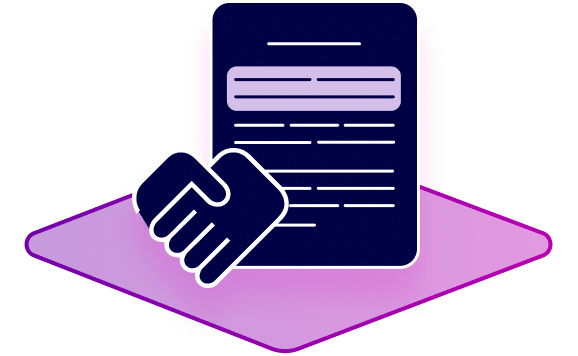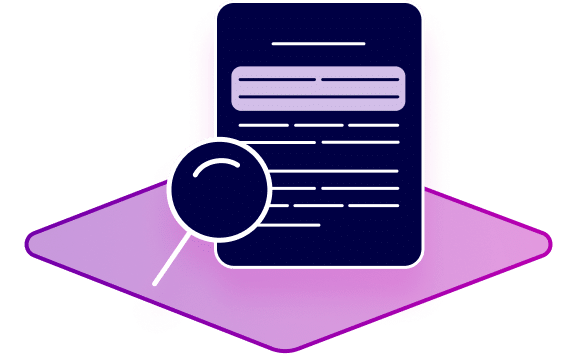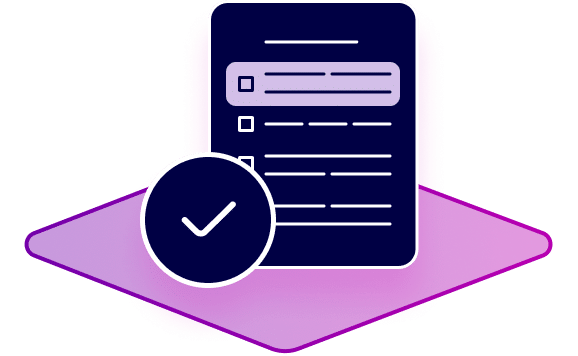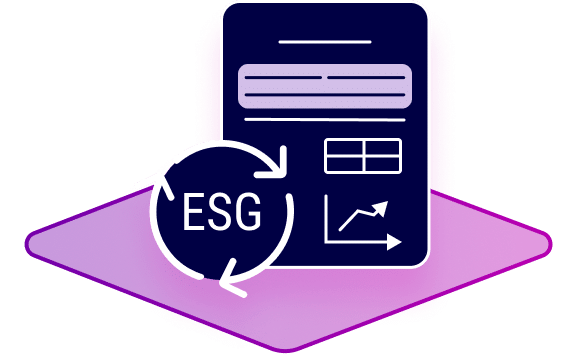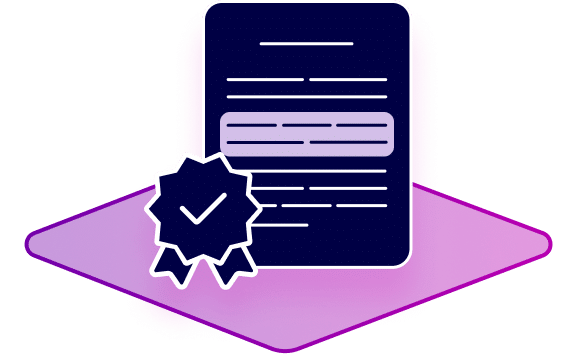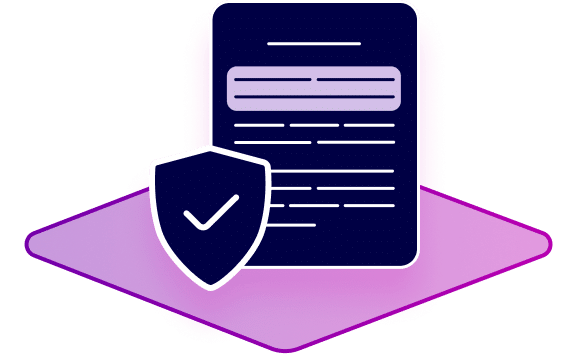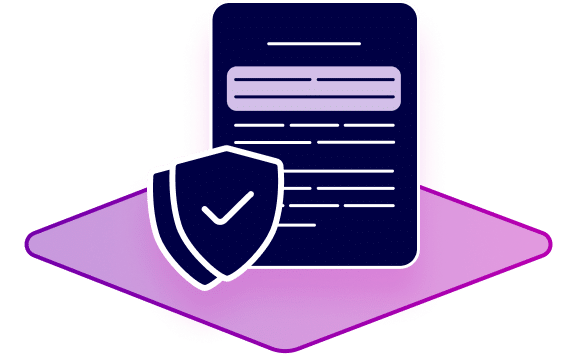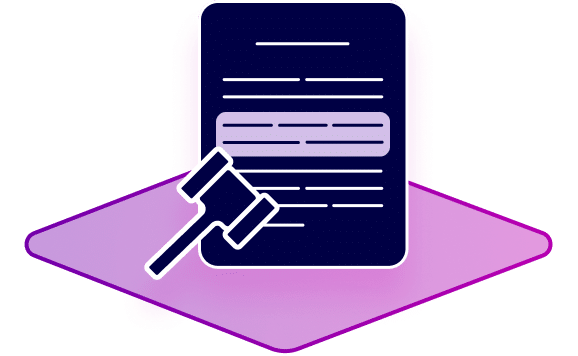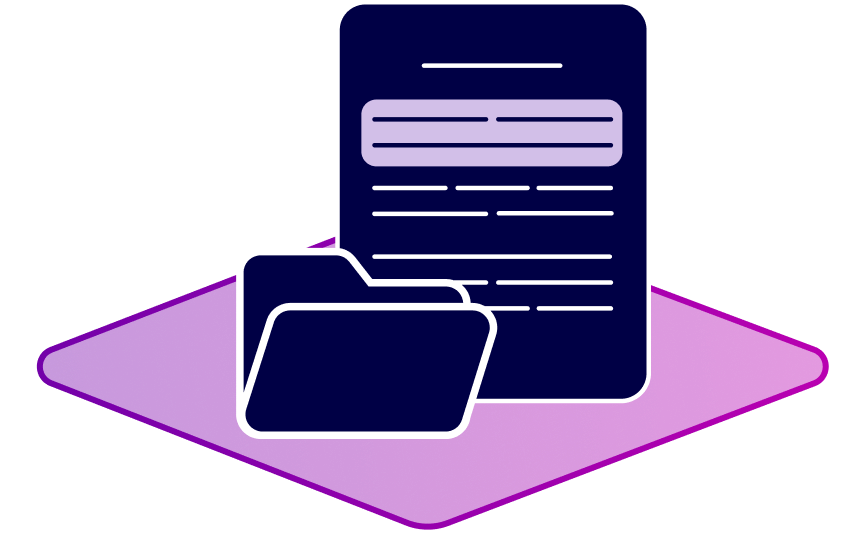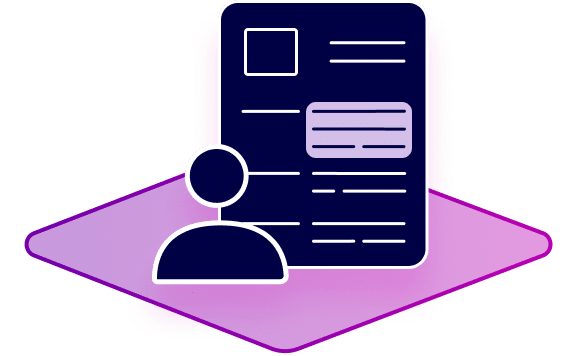
Artificial intelligence: Software developers have to reinvent themselves
For a long time, they were seen as the winners of digitization: software developers earned top-salaries, could choose their jobs and looked forward to a rosy future. And today? A rosy future is by no means assured anymore. Artificial intelligence (AI) is learning fast, and so are its programming skills. If developers want to stay relevant, they in turn need to adapt their skillset. Because one thing is clear: They will still be needed as IT experts in the future.
If you can talk, you can program
Artificial intelligence has made tremendous strides over the past decade, and as a result, applications are silently becoming part of our everyday lives. In McKinsey’s global survey, „The State of AI in 2021“, 54% of companies reported using at least one AI application. A year earlier, that figure had been 50%. Two-thirds of companies plan to expand their AI use.
Many AI systems no longer need to be trained for months, but are ready for use within a short time and are able to self-optimize from then on. In the past, developers were needed when companies wanted functional improvements for their applications, no longer today.
One might object that it takes at least developers to program the AI systems initially. But here, too, a sea change is on the horizon. Codex, the AI system from the US research company OpenAI, can already convert natural language into 12 programming languages.
AI systems: support or competition?
Developers should not consider smart technologies as a competition, but rather as a support concludes a Deloitte study in 2021. At least for the time being, AI tools are primarily suitable for taking over smaller tasks. Anyone who wants to implement complex projects will still need experienced developers for the time being.
Once in use, however, AI systems can already perform impressive jobs: taking over a large part of customer support as a chatbot (GPT-3), detecting diseases in their early stages (e.g., Watson), performing assembly work in hazardous environments, acting as live interpreters, and much more. But they are similar to humans in one way: they are not error-free.
Sometimes their code won’t run, sometimes the data set can lead to systematic biases in the AI’s recommendations. In the future, companies will increasingly need experts to ensure the reliability of AI results. The need for developers to write lines of code will decrease. Instead, other fields of activity are opening up.
Wanted: Experts for data and machine learning
Developers need expertise in topics such as machine learning (ML), natural language processing (NLP), deep learning (DL), robotic process automation (RPA) and regression if they want to contribute to AI projects. The depth of expertise developers should seek depends on the role.
According to a ZDNet survey, companies are currently looking primarily for data engineers (69%), followed by data scientists (54%) and developers with AI expertise (54%).
Data Science & Data Engineering
Although there are degree programs for data science, the demand far exceeds the number of academically trained experts. This also opens up opportunities for developers. Since they build on a sound IT knowledge, boot camps or online courses are often enough to quickly acquire missing know-how and take on new jobs, for example in data collection, data cleansing and data preparation for AI applications.
In addition to knowledge of popular programming languages such as Python, R, Scala and JavaScript, AI libraries such as TensorFlow, Café and Torch, and machine learning tools, experts recommend that data scientists and data engineers to be bring an entrepreneurial mindset to the table. The core question of both jobs: What data and IT infrastructure do we need to solve business challenges and create entrepreneurial value, and how can we realize them efficiently?
AI Development
In the future, software projects will increasingly become AI projects. For companies, however, the search for AI developers is currently mostly like the search for the proverbial needle in the haystack. This is one of the reasons why many of them buy AI via third-party tools. They lack the inhouse development know-how. In the long term, however, companies will no longer be able to do without their own AI experts. The care and maintenance of AI applications can be handled more cost-effectively inhouse, and those who can develop simple AI apps themselves also save costs significantly.
For frontend developers, therefore, the more confident they are with AI frameworks and AI APIs, the better their career prospects. If you want to build AI applications from scratch as an AI developer, you also need to be fit in cloud platforms like Google Cloud AI or Azure, confidently navigate deep learning libraries, profiling tools like Perl or Perforce, and analytic tools like TensorFlow.
The new job profiles overlap to some extent. And the differences in needed skills will shrink further as tools more and more take over the basic mathematical operations. Thus, developers have a great opportunity to try different things and find their niche.
The future belongs to specialized IT generalists
We don’t know how exactly technology and society will evolve, but one thing is certain: if developers want to stay relevant in the age of AI, they will have to learn new tools, frameworks, and new ways of thinking. Given the rapid progress in artificial intelligence, it will be even more important than ever to constantly keep learning.
Building deep knowledge in every area of AI is almost impossible. Therefore, the most resilient career orientation is that of a specialized generalist, a T-shaped developer. This means that a person has acquired a solid overview of the field and then specializes in a particular area of AI according to his or her individual preferences. If you proceed in this way, you can react quickly to market changes and build up new in-demand skills.
Key Learnings
- The share of AI applications in companies is growing worldwide: according to McKinsey, 56% of companies were using the technology in 2021.
- Developers need new skills to develop and maintain AI systems, the actual coding is becoming less important.
- Currently, data engineers, data scientists and AI developers are among the most in-demand IT job profiles.
- In view of the rapid technological developments, a career as a T-shaped developer is recommended.


